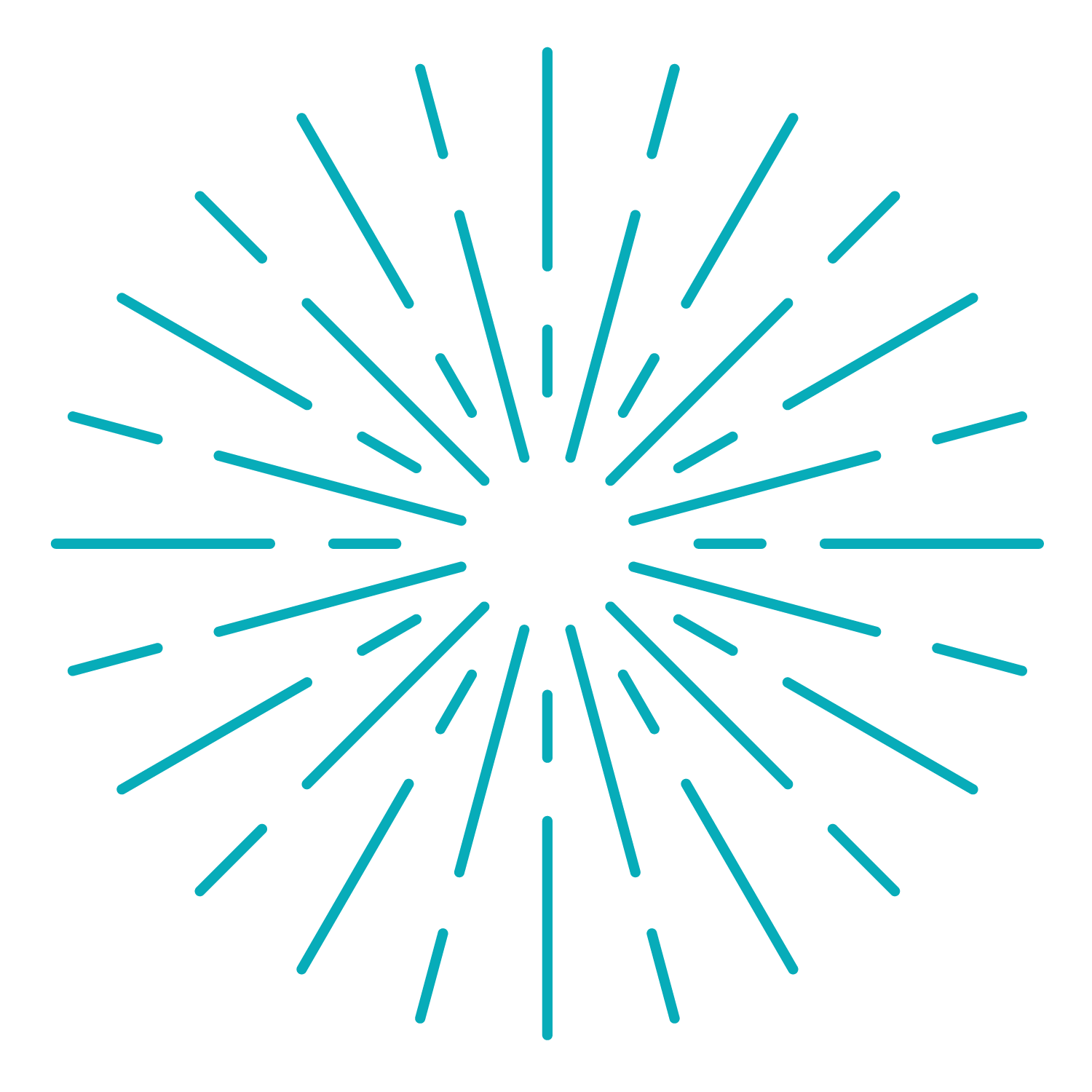My Favorite Self-Help Tool: Defensiveness
If you could choose any emotion to feel for the rest of your life, what would it be? Happiness? Peace? Contentedness? Excitement? Compassion? Those are all great. But for me:
I choose defensiveness.
What the…?
I love getting defensive. I’m not kidding. I can’t get enough.
Here’s why: it’s the best personal development tool out there, and it’s built right in! I don’t have to pay anyone for it, or even leave my house to find it. When I get defensive, it’s because something someone said or did triggered me. It means there’s a part of me that I’ve unconsciously buried away, far out of reach, because I didn’t like that part of myself.
Or maybe I was taught that part of myself is wrong, or unacceptable.
These aspects of ourselves are called our shadow, and we can’t actually get rid of them just because we don’t like them. That’s not how this whole shadow thing works. These hidden aspects will rear their ugly heads when we least expect it.
Until we recognize and embrace them as part of our whole self, they’ll continue to sabotage us.
How do we recognize those aspects? When we get triggered by something someone says or does. When I’m feeling defensive, one of those hidden aspects inside me is being triggered.
And if I can use that as an opportunity to look within, then I have an exciting opportunity to heal.
One of my most memorable defensive reactions was when an old friend suggested that one of my post-2016 election blog posts smacked of white privilege. She was right, but at the time I equated that to being called racist.
How did I react? I was super defensive!
I told myself “all these other people loved the post, my gay students and my Indian students commented on how it helped them feel so much better” and “how dare she be so snooty and arrogant to call me a racist, who does she think she is, I’m not racist and this blog post isn’t either!”.
But even though I didn’t like the way in which she called me out, I realized that I was being defensive.
Something she said triggered me, and I figured I should explore a little more.
That key moment started my whole anti-racist journey. I’ve written a few blog posts about that journey that I’ve shared with you, and I’ve been so thrilled by the comments from those of you who are exploring their own privilege and role in systemic racism.
I can’t stand what the 2016 election results have done to our country, and to the marginalized people within it, but I am so grateful for what it has taught me.
How can you tell if you are being defensive?
1. You immediately start writing an email reply that outlines all the ways in which that person is, in fact, wrong
2. You start to interrupt them before they’ve even finished speaking to share your perspective on what they’re saying, and those sentences start with “yes, but…”
3. You feel angry and attacked
4. You start to (or you want to start to) tell the person all the things you think are wrong with them
5. You tell yourself versions of any of these phrases: “they’re wrong” “they don’t know what it’s like to live in my shoes” “they should take a look at their own lives before they start judging me” “I don’t drink too much, THEY drink too much!”
6. Your heart will probably be pounding during all of these reactions
Mind-body tools such as meditation and tapping have helped me to recognize and process my own reactions and defensiveness, rather than reacting and verbally assaulting the person who triggered me. They can help you do the same.
I’ve got some really REALLY exciting projects coming down the pipeline (soon!) that will help you use mind-body techniques such as mindfulness, shadow work, and tapping, to confront and process your own triggers, including defensiveness, and maybe even do some healing. I can’t wait to share them with you.
In the meantime: you might not be hoping for a lifetime filled with defensiveness. Maybe you still prefer peace or happiness. I don’t blame you!!
But you can set an intention to monitor your reactions whenever someone tells you something you weren’t expecting to hear.
Even if you react in a way that isn’t ideal, being aware is the first step towards healing.
